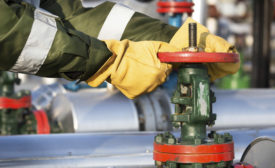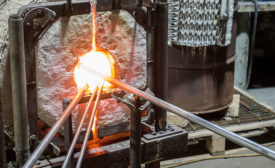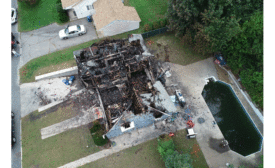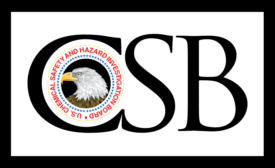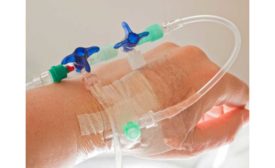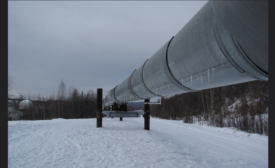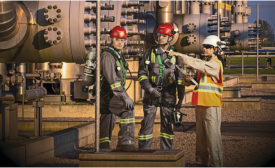Oil and Gas Industry Safety & Health
If left unmaintained, combustion systems can be catastrophic
Hidden in plain sight…
October 1, 2019
CSB reverses policy, will name names of chemical accident victim
Had stopped so companies wouldn't have implied culpability
September 18, 2019
OSHA spells out FR protection specifics
Do your workers understand the hazards?
September 12, 2019
CSB: Workers can help prevent catastrophic chemical incidents
Agency releases new safety digest on employee participation
September 9, 2019
Never miss the latest news and trends driving the safety industry
eNewsletter | Website | eMagazine
JOIN TODAYCopyright ©2024. All Rights Reserved BNP Media.
Design, CMS, Hosting & Web Development :: ePublishing
